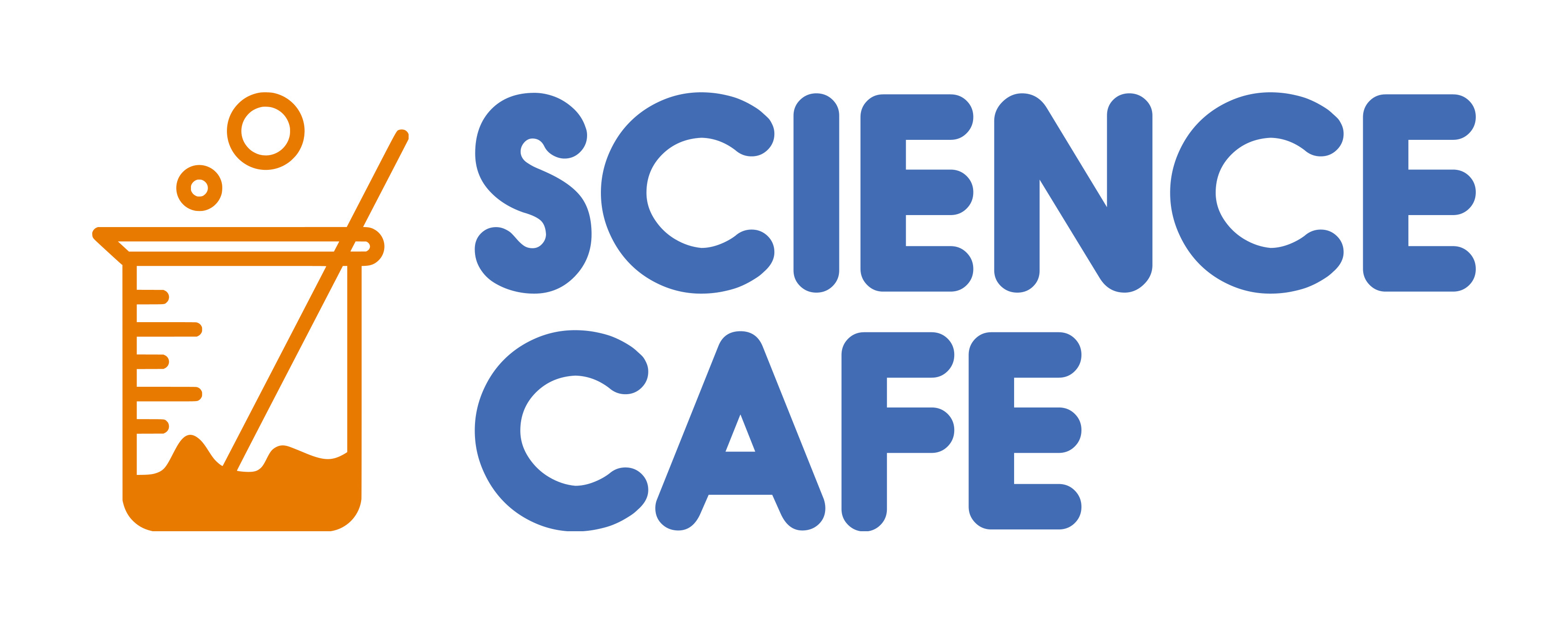Two-Stage Final Exams: Reduce Anxiety & Boost Retention
Why Two‑Stage Final Exams Could Be a Game‑Changer for Student Learning and Wellbeing
When exam season looms, tension, burnout, and the fear of “what if I mess up” dominate the student experience. Yet a recent experiment in two‑stage final exams suggests a smarter, more humane alternative—one that boosts retention, lowers anxiety, and still holds academic rigour. arXiv
What is a two‑stage final exam?
In this format, students first complete a traditional individual exam under timed, solo conditions. Then, in a second phase, they collaborate—either synchronously or asynchronously—to re‑examine or extend the same questions. Their group answers inform a final submission or reflection, blending individual accountability with peer learning. arXiv
Key findings from the study
Improved retention and deeper learning: Students reported that revisiting problems with peers helped clarify misunderstandings and anchored knowledge more firmly.
Reduced stress and anxiety: The group phase acts as a psychological buffer; students feel less isolated in wrestling with difficult questions.
Strong student preference: Across institutions and formats, learners overwhelmingly favoured the two‑stage setup.
Maintained evaluative integrity: The format did not dilute the assessment function; it still served as a meaningful final measure while layering in a learning loop. arXiv
Why this matters in the current education landscape
Supports diversity of thinking and pacing
Some learners (especially neurodivergent students) process differently. The group phase allows slower thinkers or those who reflect more deeply to contribute in their own space and time, while the individual phase ensures fairness and accountability.Bridges assessment and feedback
Rather than feedback being post hoc, the collaborative stage becomes an inbuilt feedback loop—students learn from one another during the assessment period.Shifts the narrative around exams
Instead of an all-or-nothing test, the two-stage model positions exams as part of an iterative learning process, lessening the emotional burden that comes from one-shot performance.Scalability and flexibility
Because the group stage can be asynchronous, it’s adaptable to hybrid, remote, or face-to-face settings. It doesn’t demand perfect scheduling or rigid classrooms.
Implementation considerations and caveats
Designing equitable groups: Care must be taken to form groups that balance skills, encourage mutual engagement, and avoid dominance by high-achievers.
Time allocation: Schools and universities need to decide how much weight and time to assign to each stage.
Alignment with exam boards: Existing regulations may resist dual formats; policy shifts would be required for formal adoption.
Student training: Learners need scaffolding to engage productively in group stages—not every student naturally collaborates well under exam conditions.
Transparency of process: Students should understand exactly how the group phase influences the final grade to preserve trust.
Fresh take: shifting from “testing knowledge” to “scaffolding insight”
Most exam redesigns focus on what to test (digital, open book, portfolios). The two-stage model suggests—what if we also reconsider how we test? It turns an exam from a snapshot into a microlab of learning.
In practice, even small-scale pilots (e.g. midterm quizzes or mock finals) can begin to shift culture. Teachers could run hybrid quizzes: individual attempt in class, then a short collaborative debrief, then polished answers. Over time, students might see assessments less as looming threats and more as structured opportunities to interrogate their thinking.
For neurodivergent students who often feel marginalized by rigid assessment norms, the two-stage model is a permission slip: to err, to reflect, to revise—and still be assessed rigorously.
If I were advising a school or regional education initiative, I’d propose a phased rollout: pilot in one subject, evaluate outcomes, then scale. The value is in embedding the reflection loop—not only measuring learning, but cultivating it.



